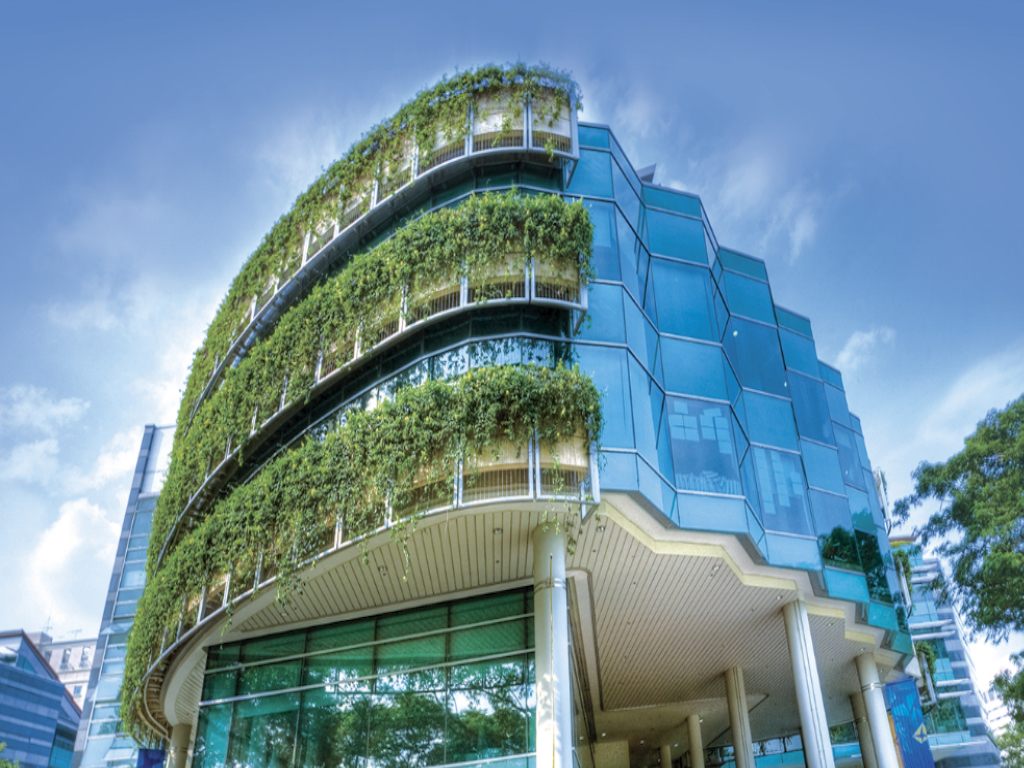Southeast Asia’s First Sustainability Major Launches at Singapore Management University To Promote Green Business
2 Mins Read
Singapore Management University (SMU) is leading the way in Southeast Asia, introducing the first sustainability major course for business students in the region. The overarching goal of the new course at SMU is to promote a deeper understanding of sustainability in the Southeast Asian region. Modules within the major include social entrepreneurship, Asian economic development, sustainable finance, sustainability marketing and governance.
The launch of the region’s first sustainability major reflects a wider recognition that a sustainable business strategy is not only beneficial for the environment, but is crucial for companies to remain competitive in the market. This is especially important in Southeast Asia, where environmental changes can create massive impacts on the region’s economy and society. From the effects of global warming to deforestation to plastic pollution, environmental issues are already playing out across the region with devastating consequences for livelihoods, food security and migration. In fact, the Singapore government recently named 2019 the “Year of Zero Waste‘ and announced funding initiatives and dedicated resources meant to encourage innovation to combat the Lion City’s growing plastic problem.
SMU’s new sustainability major will provide students with a strong basis in sustainability practices, and how business strategies can be geared towards environmental responsibility. SMU itself is a leader in sustainable building, boasting a fully ‘Green Campus’ as certified by BCA’s Green Mark Platinum program.
Professor Gerard George, Dean at SMU Lee Kong Chian School of Business said: “Many companies consider a sustainability strategy necessary to be competitive today and in the future.”
Indeed, companies that look ahead to the future are increasingly attuned to the need to be ecologically responsible. SMU’s sustainability course is backed by the region’s largest bank DBS, with future plans to fund more projects in sustainability research, scholarships and fellowships. Last year, DBS launched a “Recycle More, Waste Less” campaign as a part of its environmentally sustainabile business strategy. DBS Singapore has also committed to using only renewable energy by 2030.
Chew Chong Lim, Managing Director and Global Head of Real Estate at Institutional Banking Group, DBS Bank, said: “There are growing expectations for corporates to adopt more sustainable practices. A focus on financials, while important, will no longer suffice.”
Businesses are picking up on the global shift in consumer responsibility. In a 2017 survey conducted by Nielson, consumers around the world are seeking companies that are environmentally responsible. The study also indicated that half of Southeast Asian consumers would be willing to pay more for sustainable products.
As Asian buyers are increasingly concerned about the environmental footprint of the products they buy, businesses are seeing the need to adapt. The launch of the region’s first sustainability major course at SMU will help business students understand sustainability strategies, and shows that companies are increasingly looking for ways to navigate the eco-conscious market.
Read about Hong Kong’s first plant-based university course at CUHK
Image courtesy of Johnson Controls.




